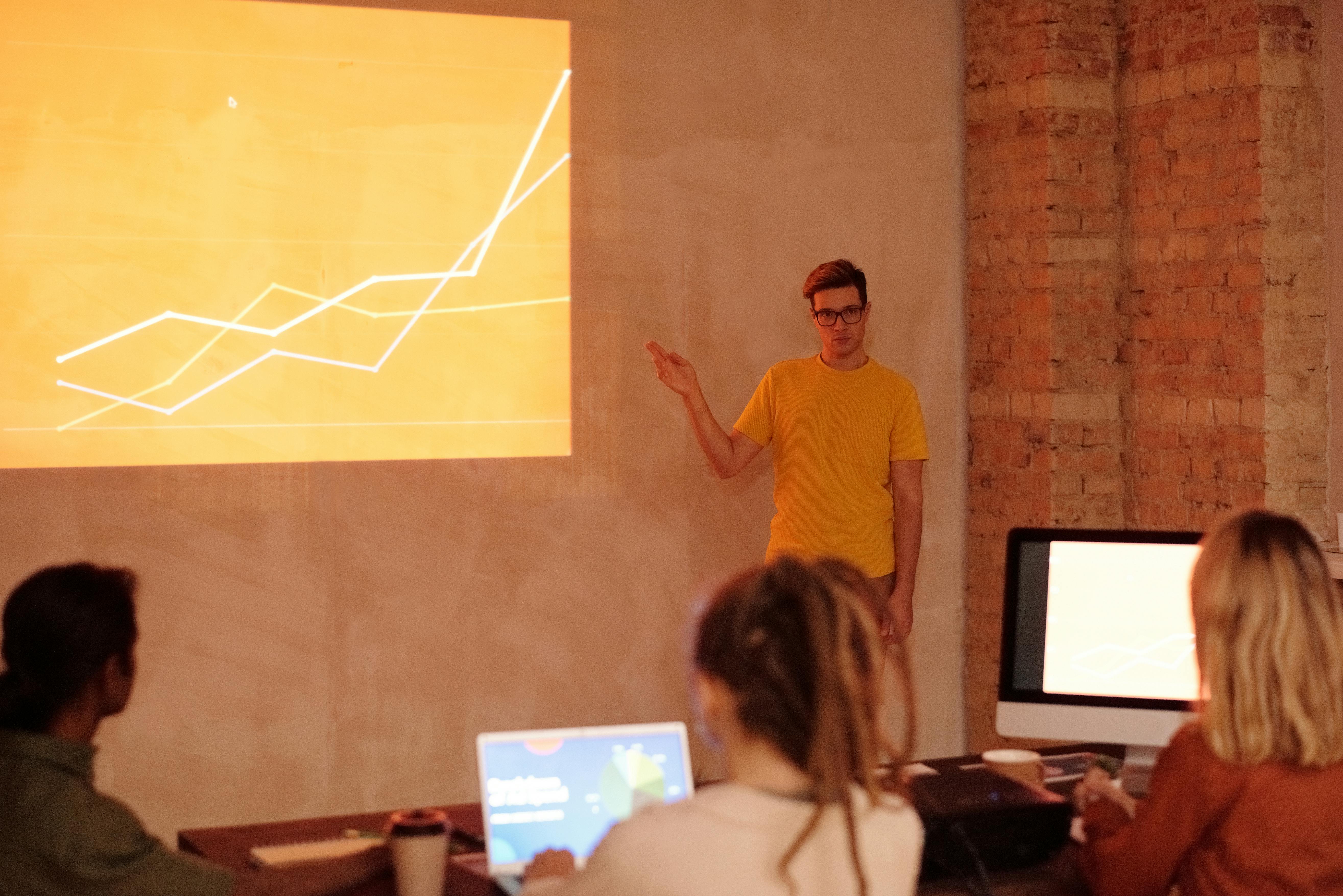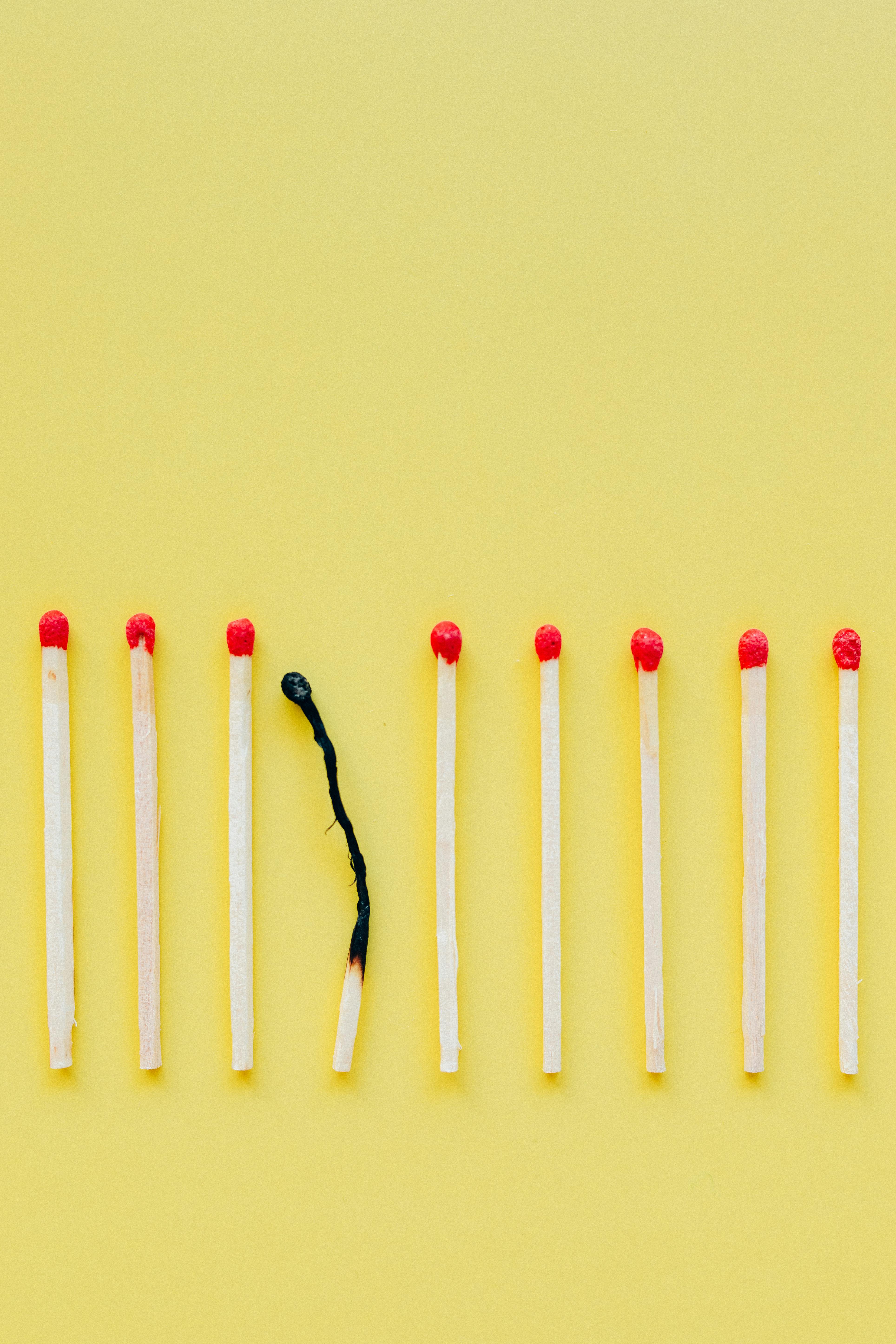
Can’t Focus? Here’s What’s Actually Killing Your Attention Span
The Attention Crisis No One Prepared You For
Let’s be real — focusing in 2025 feels like a superpower. You open your laptop to study, but five minutes later you’re deep into TikTok, checking three group chats, and somehow ended up on YouTube watching productivity hacks instead of applying them. It’s not that you’re lazy. It’s that the environment we live in constantly chips away at your ability to concentrate. And when you're juggling uni, assignments, part-time jobs, and life stress, that scattered focus turns into academic chaos.
The truth is, your attention span isn’t broken. It’s just under attack. And if you want to get it back — for lectures, reading, revising, or writing essays — you need to understand what’s quietly killing it day after day.
The Phone Problem: Constant Switching, Constant Draining
Your phone is designed to fragment your brain. Even when it’s face down or on silent, it holds your attention hostage. Every time you glance at a notification, check a message, or scroll a bit “just to relax,” you trigger something called attention residue. That’s when part of your brain stays stuck on what you just saw, even after you’ve “gone back” to work. So instead of re-engaging fully with your reading or note-taking, your brain is juggling mental leftovers from Instagram, Discord, or Spotify.
This constant switching between tasks drains your cognitive battery. You might feel like you’re multitasking, but all you’re really doing is stretching your focus thinner every time. And eventually, you’re left too mentally tired to concentrate — even if you’re physically doing nothing.
Multitasking Isn’t Smart — It’s Why You’re Always Tired
It’s easy to think doing five things at once is productive, especially when your entire day feels rushed. But multitasking during study — like watching a lecture while replying to texts, or reading slides with Netflix in the background — destroys focus and leads to burnout faster than most students realize.
The reason? Your brain can’t actually multitask. It switches between tasks rapidly, which burns energy and creates confusion. This is why you finish studying and feel exhausted without knowing why. Deep focus happens when your brain stays on one thing. Even just twenty minutes of focused work can be more productive than two hours of scattered half-effort.
Dopamine Hijack: Why Studying Feels “Boring” Now
We live in a world that rewards you instantly. Likes, views, shares, streaks — everything is engineered to give your brain small hits of dopamine. Studying doesn’t work like that. You open a textbook, read a paragraph, and... nothing happens. No reward. No buzz. Just silence. And your brain, conditioned by social media, starts craving stimulation — so you check your phone, again.
This creates a loop. The more you train your brain to expect quick rewards, the harder it becomes to focus on slow, effort-based tasks like revising or writing. The solution isn’t to quit the internet, but to rewire your reward system. Try working in small sprints — set a 25-minute timer, complete one section, and give yourself a break. This teaches your brain to enjoy progress, not just fast entertainment.
Caffeine Helps — Until It Doesn’t Most students rely on caffeine to survive morning lectures or push through late-night study sessions. And used smartly, it helps. But too much caffeine — especially in the form of energy drinks or multiple iced coffees — can wreck your ability to stay focused. Overuse leads to jitteriness, anxiety, and scattered thinking. You feel busy, but your thoughts are bouncing around, and you can’t stick to one task. The trick is moderation. Stick to one or two doses earlier in the day, and don’t depend on caffeine to replace rest. Focus doesn’t come from stimulation — it comes from clarity and recovery.
Mental Clutter Is Filling Up Your Brain
Even when you're not on your phone or bingeing coffee, your brain might still be overloaded. When you’re constantly tracking unfinished tasks — the assignment you haven’t started, the email you need to reply to, the group project deadline you’re avoiding — you’re burning focus just trying to remember everything.
This is called cognitive overload, and it steals attention without you noticing. The fix is simple: get it all out of your head. Write everything down. Use a notepad, a Notes app, a Google Doc — anything that acts as a second brain. Once your to-dos are captured in one place, your actual brain can breathe again and redirect its energy toward one clear task at a time.
Passive Learning Doesn’t Keep You Engaged
Another major reason students lose focus during class is because they’re not interacting with the material. Just sitting through lectures, even if you’re “listening,” isn’t enough. When your brain isn’t engaged — asking questions, summarizing, or solving — it drifts. You stop absorbing. You zone out. And suddenly the whole class is a blur.
One tool that solves this is Duetoday AI, an AI-powered notepad built for students. It lets you record and transcribe your lectures, then turns them into notes, summaries, flashcards, and even interactive quizzes. You can also chat with your lecture content using ChatGPT, meaning you don’t just review — you engage. You can ask it, “What did the professor mean in this section?” and get an instant answer. It keeps your brain active, not passive, and cuts hours off your revision time.
Focus Isn’t Perfection — It’s a Practice
There’s one more thing that ruins focus: the guilt spiral. The moment you drift off, you feel bad. You think you’re unmotivated, weak, or just “bad at studying.” That judgment pulls your focus even further away. But attention doesn’t come from beating yourself up. It comes from repetition — from practicing coming back every time your mind wanders.
You don’t need to be a productivity machine. You just need to build the habit of returning to your task. One minute at a time. Then ten. Then maybe even an hour of real, steady focus. That’s how the attention span rebuilds — not through shame, but through patience.
Final Thought: Reclaim Your Mind, One Session at a Time
Focus is a skill. It can be trained, strengthened, and rebuilt. The world is loud and demanding — but your brain is still yours. The first step is understanding what’s hijacking your attention, then making small, intentional changes to take it back. Put your phone away. Close unused tabs. Write down everything that’s been bouncing in your head. Get some sleep. Choose one task and see it through.
And if you need backup, use tools that actually help — like Duetoday AI — to keep you on track without overwhelming your life. One hour of clear focus is worth more than a whole day of distracted chaos. Start there. You don’t need to fix everything at once. Just take back your time, your energy, and your attention — one session at a time.
Sure — here's a FAQ section added at the end of the blog in the correct format:
FAQ
Why can’t I focus even when I try really hard?
Focus isn’t about trying harder — it’s about removing the things that are quietly draining your mental energy. Distractions, sleep deprivation, constant notifications, and multitasking all wear down your ability to concentrate. Instead of forcing it, try changing your environment, reducing digital noise, and working in shorter, focused sprints.
Does using music help or hurt focus?
It depends on the type. Instrumental or ambient music can improve focus for some people, especially in noisy environments. But music with lyrics, fast beats, or dramatic shifts can actually split your attention. Try experimenting with background noise, low-fi beats, or complete silence to see what works best for your brain.
How long should I study in one sitting to improve focus?
Start small. Try the Pomodoro method — 25 minutes of focused work, followed by a 5-minute break. You can repeat this 3–4 times before taking a longer break. Over time, you can extend those sessions to 45–60 minutes if you feel more comfortable. What matters is consistency, not duration.
Is it okay to take breaks if I’m trying to focus deeply?
Absolutely. Breaks are essential for restoring mental energy. The key is taking intentional, structured breaks — not random social media scrolls. Step away from your screen, stretch, get some air, or do something calming for a few minutes before returning to your task.
Can Duetoday AI actually help improve my focus?
Yes. Duetoday AI reduces the mental load of trying to keep up during fast-paced lectures by transcribing and organizing everything for you. It also helps you stay engaged by turning your content into flashcards and quizzes, and lets you chat with the material to clarify concepts. That means less time distracted, more time understanding — without the overload.













